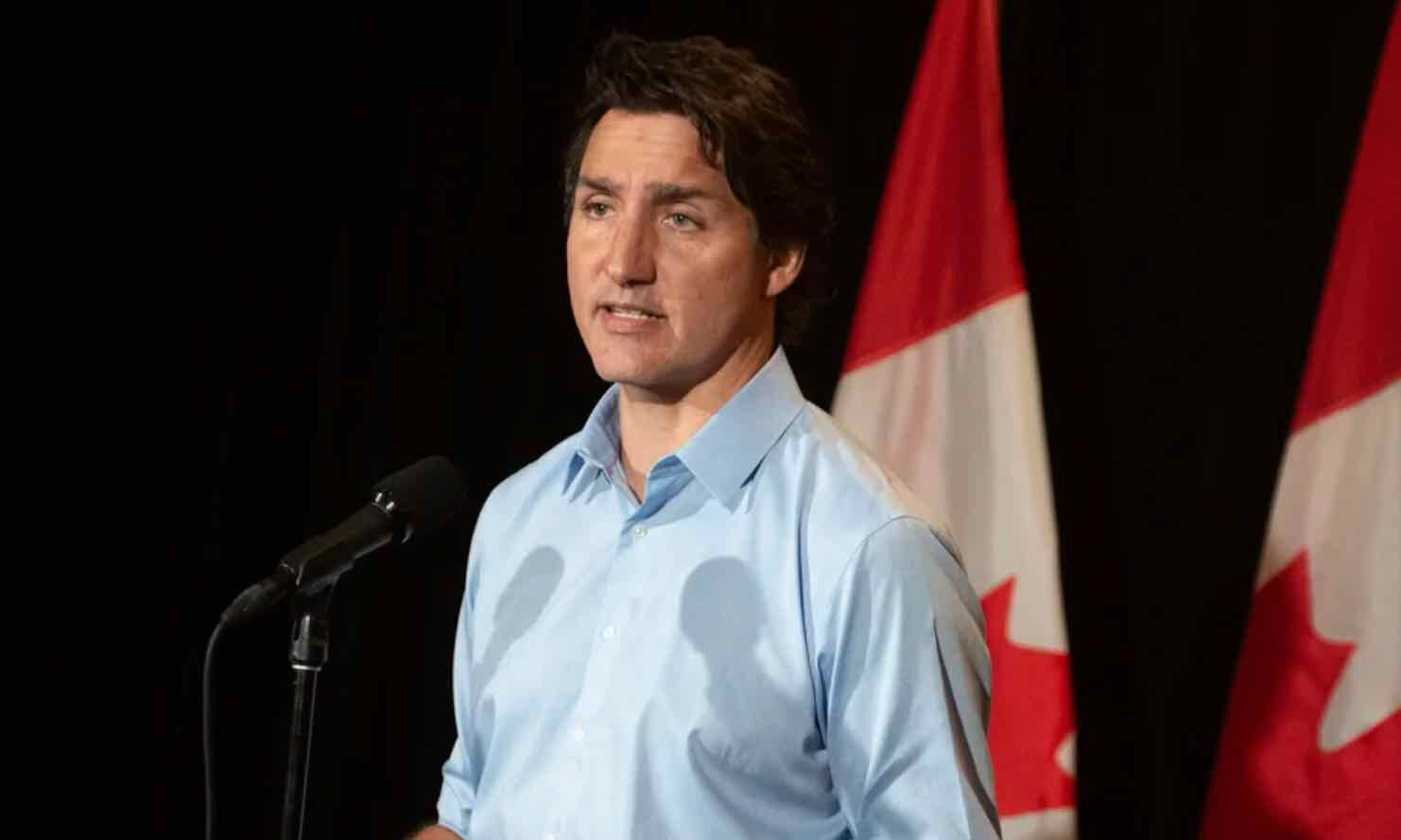Why Trudeau Was Wrong About Facebook
Although I took the summer off from blog writing, I didn't stop working or looking for topics I wanted to write about.
One came recently when Yellowknife, NWT was threatened by a huge fire. Information from news agencies about the fire wasn't shared through Facebook or Instagram, both parts of the parent company Meta.
Prime Minister Trudeau was angered by it, but it was all grandstanding. It really was a non-story, but the media jumped on board anyway.
Why the Surprise?
As summer approaches its inevitable close, my main memory of the summer of ’23 will be forest fires across the country and how they impacted our lives.
One of those memories includes seeing the Prime Minister on TV late last month, tearing into Meta for refusing to allow news content to be shared on Facebook and Instagram about the fires in the Northwest Territories. He used his best skills as a former drama teacher to show his anger and raged at how unfair it is for big internet companies to shut down communication during a time of crisis for the north.
This isn’t an anti-Trudeau rant. But it is one that’s meant to suggest we shouldn’t buying the anti-Facebook narrative without questioning the source.
Let’s remember, it was the Trudeau government that picked the fight with Meta and Google, wanting them and other internet giants to pay millions of dollars for the news content they’re using. For the record, I think Meta, Google and others should pay for the news content being shared on their sites, but that’s not the point.
Shouldn’t the PM and others in his government have seen this coming?
Let’s walk this through for a minute. The government brought in Bill C-18, now called the Online News Act, demanding internet companies pay millions for news content. If the government got told to shove it, then Facebook and others would simply say “OK, have it your way. We’ll take all news content down. Fine.”
The next step in this thought process should have asked this question – What will happen during a time of crisis and how will emergency response be hampered?
It’s not rocket science. The government should have anticipated this outcome.
When you go into a fight you have to gauge how big and bad your opponent is. Companies like Meta and Google are bigger than the government of Canada. They just are.
What Would We Miss?
Here’s something else that that bothers me about this narrative. I’m sure Yellowknife and other communities in the NWT have seen the same cutbacks in the number of media outlets and reporters over the last 30 years as the rest of Canada.
Let’s face it, there just isn’t as much locally generated news coverage as there used to be anywhere in the country. Edmonton is the closest major city to Yellowknife from the south and only a couple of reporters headed north last month for a day or two when Yellowknife was ready to evacuate. There were likely only a handful of reporters working the story.
Then the question becomes, what local news coverage is being missed by Meta’s refusal not to share said news coverage?
Keep in mind, when Yellowknife was evacuated, reporters had to go too. They had to cover the story from a distance. It’s not the same as being there.
Just Turn on Your TV
Here’s the real hole in the PM’s story. The decision of Meta not to share coverage didn’t stop people in Yellowknife, waiting for word on evacuations, to turn on their TV to get the news right from the source, or do the same thing by turning on their radios or reading their newspapers. Why do they have to read it on Facebook?
If they weren’t home, they could have got the same information on their phones from any news site, without going to Facebook.
In addition, governments and emergency organizations have expanded the ways they can reach people during a time of crisis. Shouldn’t people in the NWT, or anywhere for that matter, try to get information from official websites, emergency apps and social media accounts?
It seems to me, if I’m waiting for word on whether I should evacuate, going to Facebook would be one of the last places I would look.
I’m not a big Don’t Trust Government guy. That’s not my point. My point is, people shouldn’t blindly accept Trudeau’s message that Meta risked lives because of its decision.
Trying to shift the blame to Facebook during a time of crisis was pretty rich.
Let’s remember the media has a horse in this race because it will stand to profit from the government’s legislation, if the internet giants give in. Maybe that’s why many news outlets, especially Postmedia, took the PM’s fury as gospel.
His fake outrage one more time has worn thin with Canadians and one more reason his days as PM are numbered - great column !!


Commentary